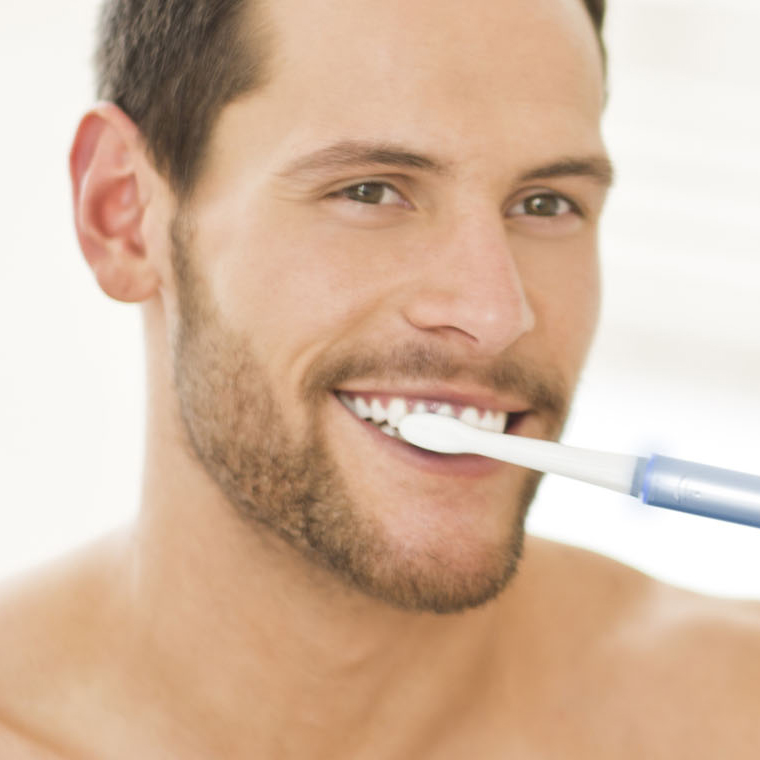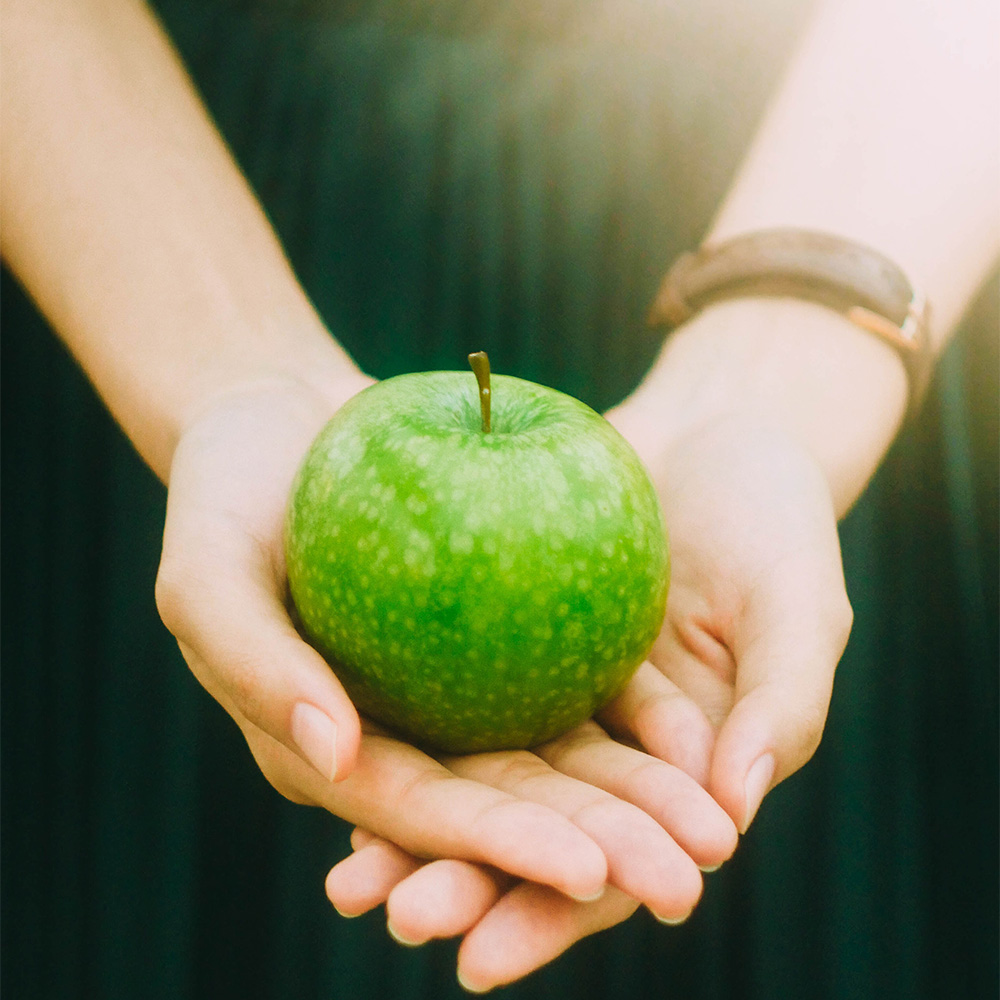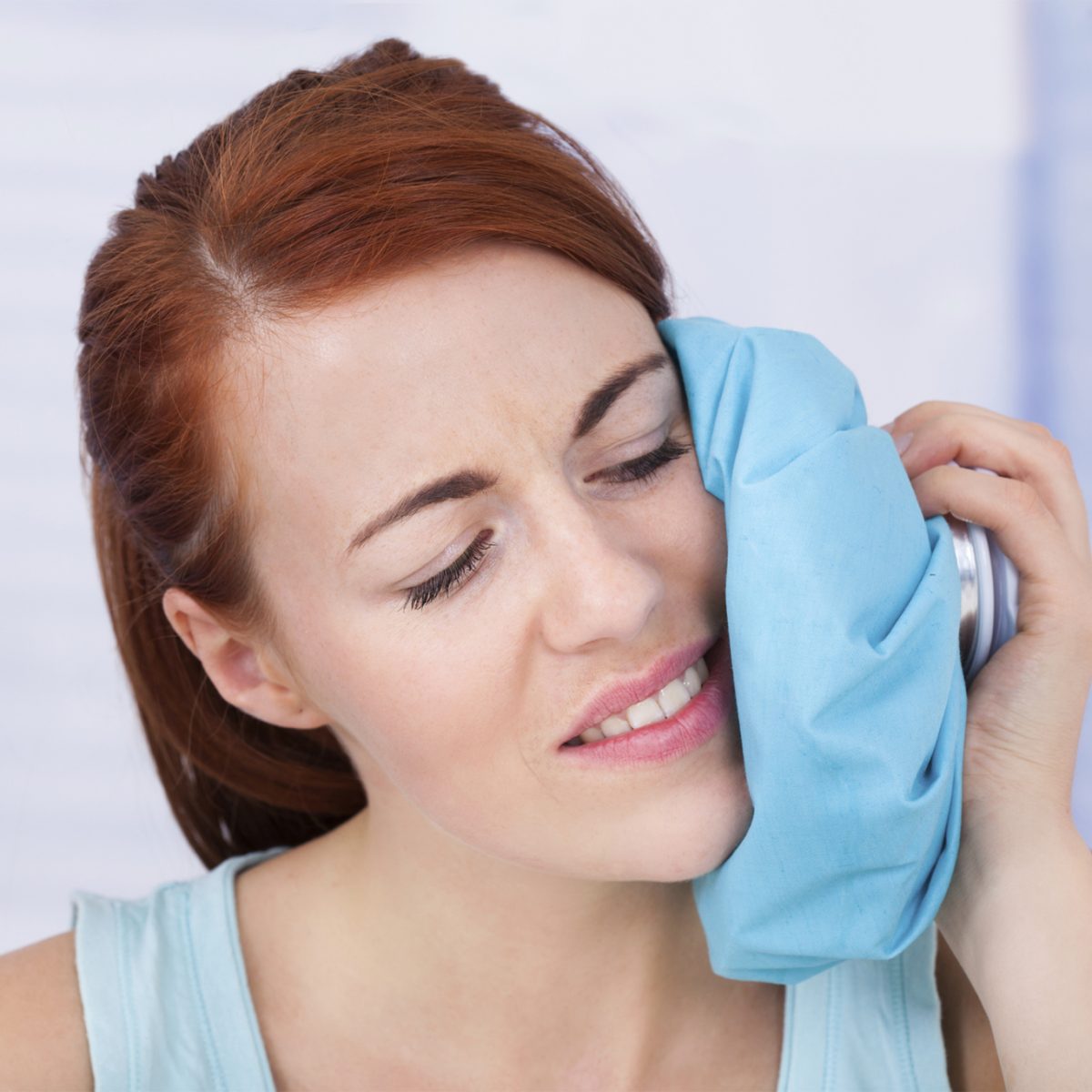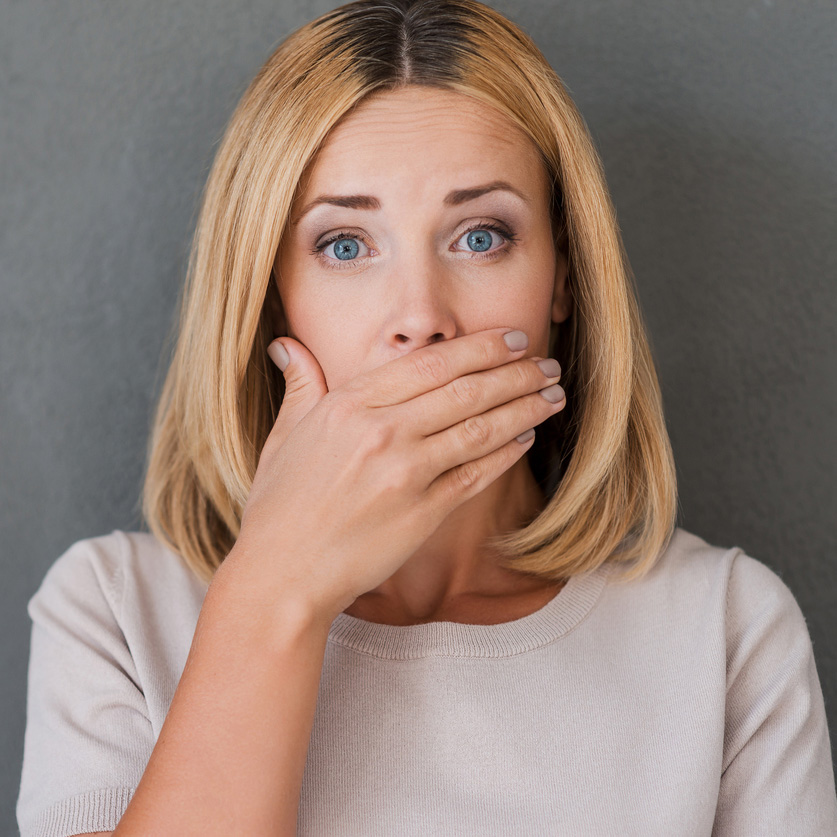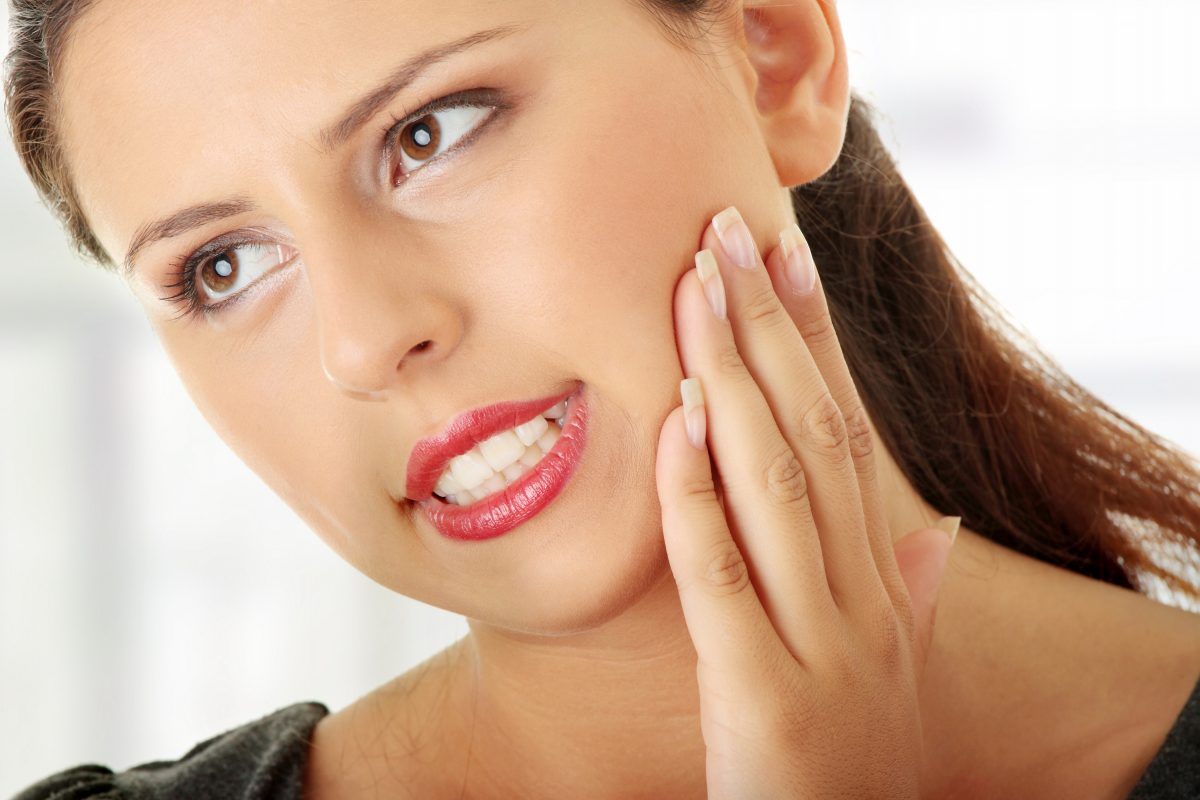Everyone wants a white smile. Unfortunately though, many of us have stains on our teeth that prevent us from having the smile we want.
Not all stains are equal however. First, there are extrinsic stains, which are the stains on the surface of the enamel. Your dentist can easily remove them with a scale and polish. Then there are intrinsic stains, which in contrast are generally caused by an illness or a long-term medication, and cannot be removed.
In this post, we’ll be sharing a few tips with you on how to take care of extrinsic stains so that you can get a sparkling white smile. So to prevent future stains and maintain a white smile, follow these simple tips.
1. Maintain a good dental hygiene routine
The key to most oral problems is good brushing. By using a good brushing technique and by brushing twice a day, you can remove most stains and keep your teeth nice and clean. You should also floss and use mouthwash regularly to clean away any food particles that could cause stains.
2. Limit your intake of staining drinks
Limit your intake of drinks that cause stains. These drinks include tea, coffee, cola, and red wine. If you do want to have one of these drinks, then you can limit the stains by having a sip of water afterwards. Drinking with a straw is another good idea to prevent stains.
3. Limit your intake of staining foods
Limit your intake of the foods that stain, such as beets and spices. As mentioned before, it’s also a good idea to have a sip of water after eating foods that stain.
4. Eat fibrous foods
It’s a good idea to include fibrous foods in your diet because they have a cleaning action on your teeth. Examples of fibrous foods are apples and celery.
5. Don’t smoke
Stay away from tobacco and smoking as they cause a lot of dental stains.
6. Use at-home whitening products
Many products exist to help you whiten your teeth at home. For example, there are whitening mouthwashes, which not only whiten teeth and prevent stains, but also have the added benefit of freshening your breath.
Then there’s whitening toothpaste. These types of toothpaste can remove surface stains to give you a brighter smile while also protecting you against cavities. However, take care not to use them over the long-term because they can prematurely wear down your enamel.
7. Get a scale and polish
Last but not the least, one of the best things you can do to whiten your teeth is to get your teeth cleaned by a dental professional. This is called a scale and polish, and getting one every six months will give you a perfect gleaming white smile.
In summary…
Many foods and drinks can stain your teeth, including tea, coffee, red wine, and spicy foods. However, a dentist can remove the stains, so it can be reversed. You can also help remove stains and whiten your teeth at home with the use of whitening products.
That’s all about stains for now. Hope you always have a stain-free smile!


